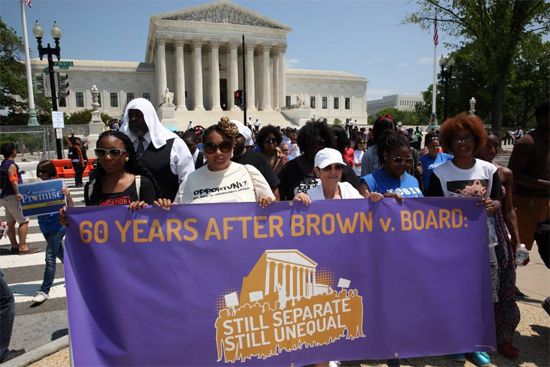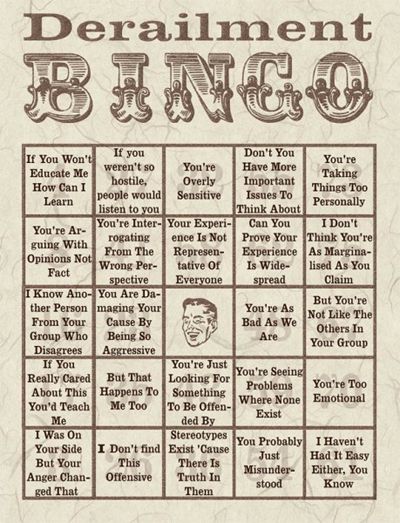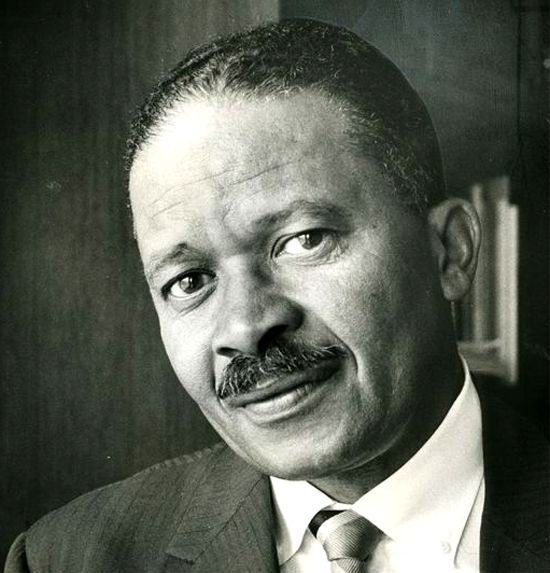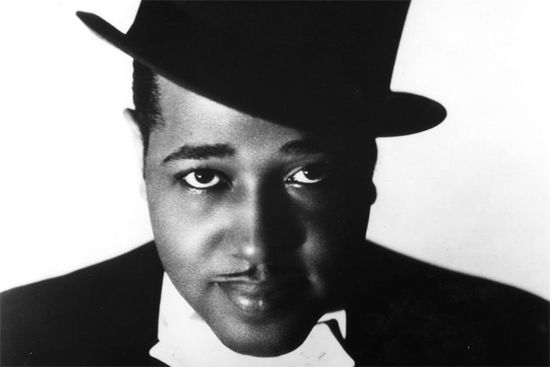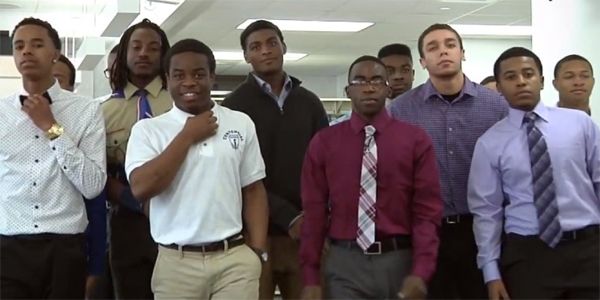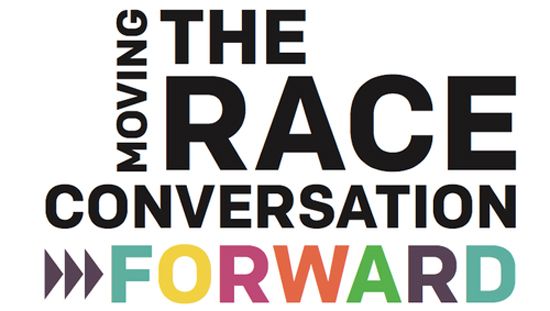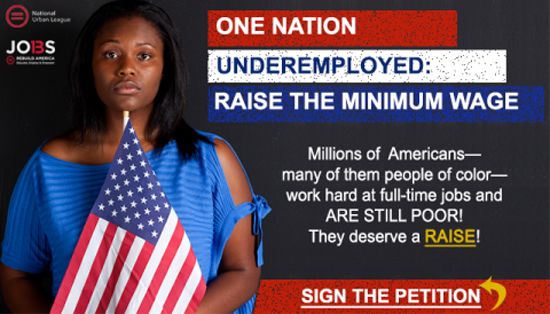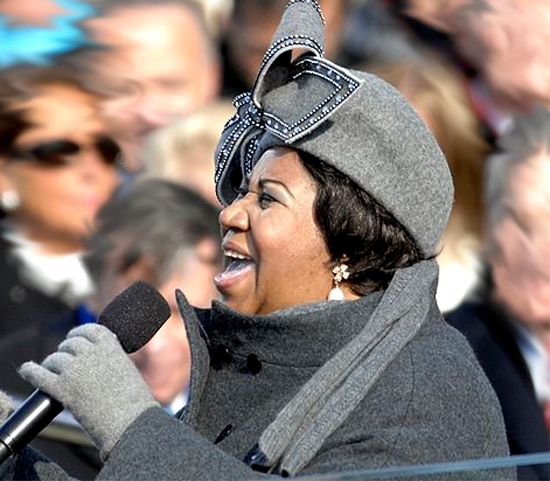When we celebrate the Brown v Board of Education decision as an historic event-be clear it’s time to demonstrate, not just celebrate where we’ve been.
And don’t think of “the South” when you hear about segregated schools. Let’s take a look at the “apartheid schools” that are not southern.
Brown at 60 shows that the nation’s two largest regions, the South and West, now have a majority of what were called “minority” students. Whites are only the second largest group in the West. The South, always the home of most black students, now has more Latinos than blacks and is a profoundly tri-racial region.
The Brown decision in 1954 challenged the legitimacy of the entire “separate but equal” educational system of the South, and initiated strides toward racial and social equality in schools across the nation. Desegregation progress was very substantial for Southern blacks, in particular, says the report, and occurred from the mid-1960s to the late l980s.
The authors state that, contrary to many claims, the South has not gone back to the level of segregation before Brown. It has, however, lost all of the additional progress made after l967, but is still the least segregated region for black students.
